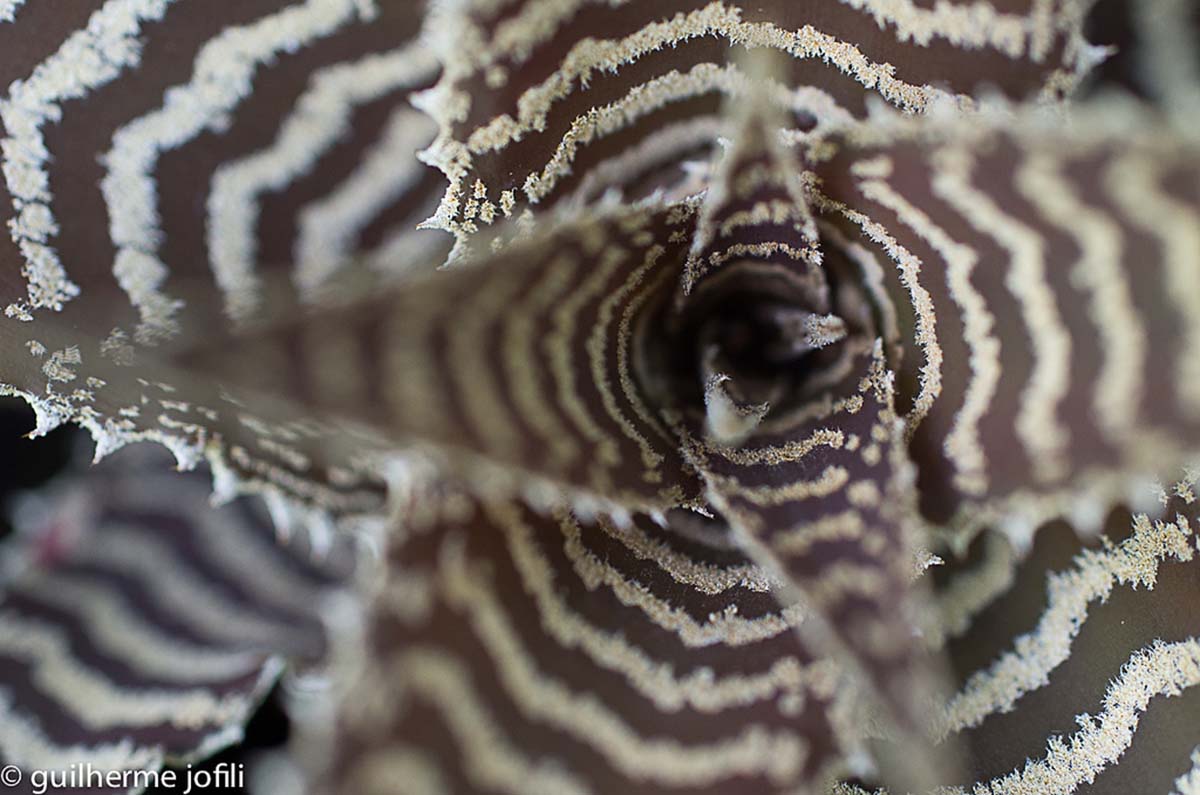Table of Contents
Hypnotherapy has been used with success in treating symptoms of cancer, HIV, rheumatoid arthritis, chronic pain, and fibromyalgia. In recent years, doctors have been trying "gut-directed" hypnotherapy as a treatment for IBD.
What makes hypnotherapy "gut-directed"? A gut-directed hypnotherapy session begins like almost any other hypnotherapy session. Patients are invited to lie down, relax, and to release tension from all of the muscles of their body, beginning at the top of the head and relaxing all the way down the body, or beginning with the feet and relaxing muscles up the body. As the patient becomes more and more relaxed, the hypnotherapist introduces post-hypnotic suggestions such as these, paraphrased from an actual gut-directed hypnotherapy session:
"As you sit and relax and allow your whole body to be at ease, something powerful and healthy is happening inside you, focusing on your intestinal tract. Your intestines are becoming healthier and whole, resistant to inflammation, much less sensitive to stress. You can visualize this change happening inside your right now as a wave of medication flowing from your mouth all the way down your digestive tract. It coats the lining of your intestinal tract and prevents toxins and bacteria from leaking into the rest of your body. It stops bleeding and allows any ulcerations inside your digestive tract to heal more quickly. Picture it now. Picture the bacteria and toxins bouncing of the walls of your digestive tract harmlessly, bouncing off this protective coating that now covers your entire digestive tract, protecting you from infection and pain."

The hypnotherapist continues to read these suggestions for about half an hour, and then the patient is bought back to a normal state of consciousness. Typically patients receive seven weekly sessions and are dismissed from treatment.
Does gut-directed hypnotherapy really work?
- Gut-directed hypnotherapy has been used in treating irritable bowel syndrome, non-cardiac chest pain, delayed stomach emptying (gastroparesis), and peptic ulcer disease.
- The results of a full course of seven to ten sessions of gut-directed hypnotherapy relieve symptoms for up to seven years.
- A single session of gut-directed hypnotherapy, in one study, reduced the release of substance P, histamine, and interleukin-13 and serum levels of interleukin-6. All of these are substances that cause inflammation that drives inflammatory bowel disease.
Gut-directed hypnotherapy is not a cure for IBD. However, in a group of IBD patients who averaged one to two flareups per year, participating in gut-directed hypnotherapy with a doctor performing the hypnotherapy resulted in an average of two to three months longer between flareups. Anxiety and depression can accelerate flareups, but hypnotherapy can at least delay them.
READ Post-traumatic stress disorder (PTSD): Does Hypnosis Treatment Helps?
Does this mean that if you just stop worrying about IBD it will go away? It does seem to be necessary to feel that you will stay in remission from IBD actually to stay in remission from IBD, but there isn't a convenient "worry switch" you can just turn off to get rid of the disease. That's why hypnotherapy with a medical hypnotherapist is often the answer. The primary benefit of this hypnotherapy is likely to be a reduction in pain and muscle spasms, although hypnotherapy can also help with a feeling that the digestive tract is "blocked." However, the shortest relapse-free period after gut-directed hypnotherapy for IBD was 78 days, with nearly 70 percent of patients free of IBD for a full year. Very few other treatments work this well.
- Keefer L, Taft TH, Kiebles JL, Martinovich Z, Barrett TA, Palsson OS. Gut-directed hypnotherapy significantly augments clinical remission in quiescent ulcerative colitis. Aliment Pharmacol Ther. 2013. 38(7):761–71. doi: 10.1111/apt.12449.
- Mikocka-Walus A, Pittet V, Rossel JB, von Känel R
- Swiss IBD cohort study group. Symptoms of Depression and Anxiety Are Independently Associated With Clinical Recurrence of Inflammatory Bowel Disease. Clin Gastroenterol Hepatol. 2016 Jan 25. pii: S1542-3565(16)00047-1. doi: 10.1016/j.cgh.2015.12.045. [Epub ahead of print] PMID: 26820402.
- Photo courtesy of pacificairforces: www.flickr.com/photos/pacificairforces/7183303571/
- Photo courtesy of gjofili: www.flickr.com/photos/gjofili/10840628384/
- Photo courtesy of gjofili: www.flickr.com/photos/gjofili/10840628384/

